
Terry George
Birthday: 20 December 1952, Belfast, Northern Ireland, UK
Terry George was born on December 20, 1952 in Belfast, Northern Ireland. He is a writer and producer, known for Hotel Rwanda (2004), In the Name of the Father (1993) and The Promise (2016). He has bee ...Show More
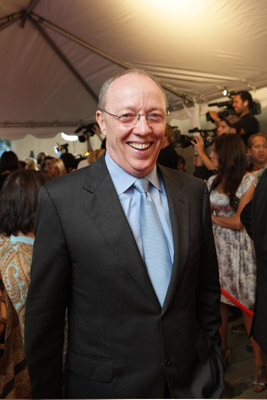
[on adding the character of journalist Chris Meyers (Christian Bale) to The Promise (2016)] I wanted Show more
[on adding the character of journalist Chris Meyers (Christian Bale) to The Promise (2016)] I wanted to make something that would appeal to audiences with no particular interest in the war [World War One] or the conflict [Armenian Genocide], that would stand on its own, because this is one of the most contentious subjects out there. Even now, they're locking up journalists [in Turkey] who speak up on the matter. [2017] Hide
The penetration that Hollywood achieves in Africa and Asia is huge - it's almost like surrogate immi Show more
The penetration that Hollywood achieves in Africa and Asia is huge - it's almost like surrogate immigration. Clearly, the values of America and the West are spread in particular by movies and television. I'm not sure that that's such a good thing. Hide
The producers had been working on The Promise (2016) for years. A billionaire Armenian American busi Show more
The producers had been working on The Promise (2016) for years. A billionaire Armenian American business mogul called Kirk Kerkorian, who owned a lot of hotels in Las Vegas and who was a competitor of Howard Hughes, was the driving force. Kerkorian was typical of the Armenian community around the globe who have been striving to get the world to wake up to what was visited upon their people. The producers wanted a film on an epic scale in the style of Doctor Zhivago (1965) or Ryan's Daughter (1970), but in the original script it was a traditional two-hander love story. However, I introduced another character to make it a love triangle. [2017] Hide
[on producer Kirk Kerkorian] I never met the guy. He was ill by the time I came on board [for The Pr Show more
[on producer Kirk Kerkorian] I never met the guy. He was ill by the time I came on board [for The Promise (2016)]. The production company, Survival Pictures, had a script already, which I adapted. They were very positive about the fact I didn't have any connection to the Armenian community. That I came from a neutral perspective was a plus to them. [2017] Hide
[on the Armenian Genocide] The genocide is burned into the soul of the Armenian diaspora. And until Show more
[on the Armenian Genocide] The genocide is burned into the soul of the Armenian diaspora. And until they get some kind of recognition, it's not going to go away. [2017] Hide
[on the Armenian Genocide] It's one of the great forgotten catastrophes of the 20th century. The wor Show more
[on the Armenian Genocide] It's one of the great forgotten catastrophes of the 20th century. The word 'genocide' was coined to describe what happened to the Armenian community. [2016] Hide
[on sources for The Promise (2016)] We re-created historical events and had the [fictional] characte Show more
[on sources for The Promise (2016)] We re-created historical events and had the [fictional] characters walk through those events. Remember, the Armenian Genocide was well publicized at the time in the United States - especially by The New York Times, which had stories about it almost every day, and other reporters, Christian missionaries ... all who sent reports about the various massacres, so we had plenty of documented information. [2017] Hide
Before Hotel Rwanda (2004), I had heard at some point in my history lessons about Turks massacring p Show more
Before Hotel Rwanda (2004), I had heard at some point in my history lessons about Turks massacring people, but then when I started to do research on the Rwandan genocide - particularly from Samantha Power's book "A Problem From Hell" [first published in 2002] - I learned about this Armenian Genocide and what a great catastrophe it was. Because of the Turks' denial and repression of what happened, Adolf Hitler [on Aug. 22, 1939] said to his generals before invading Poland, "Who, after all, speaks today of the annihilation of the Armenians?" [2017] Hide
[on financing The Promise (2016)] We were fully backed by the Kerkorian Foundation. And we had an Ar Show more
[on financing The Promise (2016)] We were fully backed by the Kerkorian Foundation. And we had an Armenian-American production company. So we obviously had their support throughout the process. But, you know, Queen Elizabeth funded Shakespeare, and no one calls "Richard III" a piece of propaganda. There's a difference between a perception of a story and the veracity of a story. We never wanted to dictate perception, just tell the truth. [2016] Hide
Film today is more and more concentrated on the amusement park element. If a writer can attach an ac Show more
Film today is more and more concentrated on the amusement park element. If a writer can attach an actor or a producer who has some clout, then you can arm yourself. Otherwise, a script simply becomes a road map to attract money and talent. Hide
[on the secret production of The Promise (2016)] We tried to fly under the radar as much as we could Show more
[on the secret production of The Promise (2016)] We tried to fly under the radar as much as we could so that we didn't have to deal with outside pressure [by Turkish interest groups]. So we shot in Spain and Portugal and Malta. We were crucially aware of what we were trying to do, so we said, let's get this thing made and put it out there, and then have the political debate and the conversation that we need to have. [2017] Hide
[on The Promise (2016)] The Armenians were killed by their own government, not by the enemy, and the Show more
[on The Promise (2016)] The Armenians were killed by their own government, not by the enemy, and they were killed in this systematic way that became the legal definition of the word 'genocide'. (...) But this story says that a man or a woman, as small as they are in the scope of the world, can confront and overcome evil and survive and lead a better life for others to follow. I want this to be used as an educational tool as well as a piece of entertainment. It should be shown in schools. [2017] Hide
[on The Promise (2016) and the Armenian Genocide] There is the political influence of the Turkish go Show more
[on The Promise (2016) and the Armenian Genocide] There is the political influence of the Turkish government which has, over the course of a century, managed to stifle and repress and deny this event. And today their strategic importance is greater than ever and this is a touchstone for them. Any time that the Armenian Genocide is mentioned, whether it be the centenary or a film like this, there is immediately a barrage of denial. But this is not a question ... the vast majority of historical study has determined that this was a planned attempt to wipe out the Armenian nation. And we need to get beyond that diversionary discussion to why! Why did it happen and how do we move on from that and how do we reconcile these two nations again? ... Let's bring the discussion out in the open. [2016] Hide
[on The Promise (2016)] I've learned from films like In the Name of the Father (1993) and Hotel Rwan Show more
[on The Promise (2016)] I've learned from films like In the Name of the Father (1993) and Hotel Rwanda (2004) that everything you put on screen has to be fastidiously researched. Even the fictional scenes that are woven throughout the real events and the real people you're portraying can't just be made up. They have to reflect something real that was going on at that time and place. The look, the feel, it all has to be real, and of course the actual names and dates do as well. It's important to be as accurate as you can, even with the fictional scenes embedded within your reality. So I would build up a dossier and work from that. (...) Well, there's a library of revisionist and denialist material out there about the Armenian Genocide - you know, that it should be thought of not as a genocide but as a civil war. The other side is that this was designed, that it was planned. And as someone who studied these events, it's important to understand the political motivations of both sides so that we can have a discussion, but it's absolutely not a question of did it happen -- because it did -- but why did it happen. That's the question you need to get to. [2016] Hide
[on The Promise (2016)] The story of the Armenian Genocide has been suppressed by successive Turkish Show more
[on The Promise (2016)] The story of the Armenian Genocide has been suppressed by successive Turkish governments, and we were well aware of that, but we wanted to go after it anyway. At the beginning, we tried to fly under the radar as much as we could so that we didn't have to deal with outside pressure. So we shot in Spain and Portugal and Malta. We were crucially aware of what we were trying to do, so we said, let's get this thing made and put it out there, and then have the political debate and the conversation that we need to have. I talked to a couple of Turkish journalists about this, and some of them really liked the film, but not enough to go out there and put their name behind it. (...) I wanted to make something that would appeal to audiences with no particular interest in the war or the conflict, that would stand on its own, because this is one of the most contentious subjects out there. Even now, they're locking up journalists who speak up on the matter. There was an article in the New York Times recently about how paranoid the government and the people are in Turkey now. They have the sense that they're being attacked by Western culture. (...) There's no doubt the Armenian community will embrace this film. And there's no doubt it questions the entire Turkish narrative. I'm sure it won't be shown in Turkey. At least, I'd be really surprised. [2016] Hide
[on The Promise (2016)] Very few people will make films like this or get the opportunity to do so. H Show more
[on The Promise (2016)] Very few people will make films like this or get the opportunity to do so. Hollywood doesn't make films like this any more. It makes $200 million films about cars chasing submarines across the ice. So to get the chance to create characters that will take audiences inside a complex situation is a gift. Do research on almost any historical event or war and you're going to run into difficult material. Pretty horrible stuff. But I still jumped at the opportunity. [2017] Hide
[on The Promise (2016)] I wanted to make a film that moves and enrages, that really evokes the spiri Show more
[on The Promise (2016)] I wanted to make a film that moves and enrages, that really evokes the spirit of rage, because that's what the events called for. If we can do that, then we've succeeded. [2017] Hide
Terry George's FILMOGRAPHY
All
as Actor (1)
as Director (2)
as Creator (4)














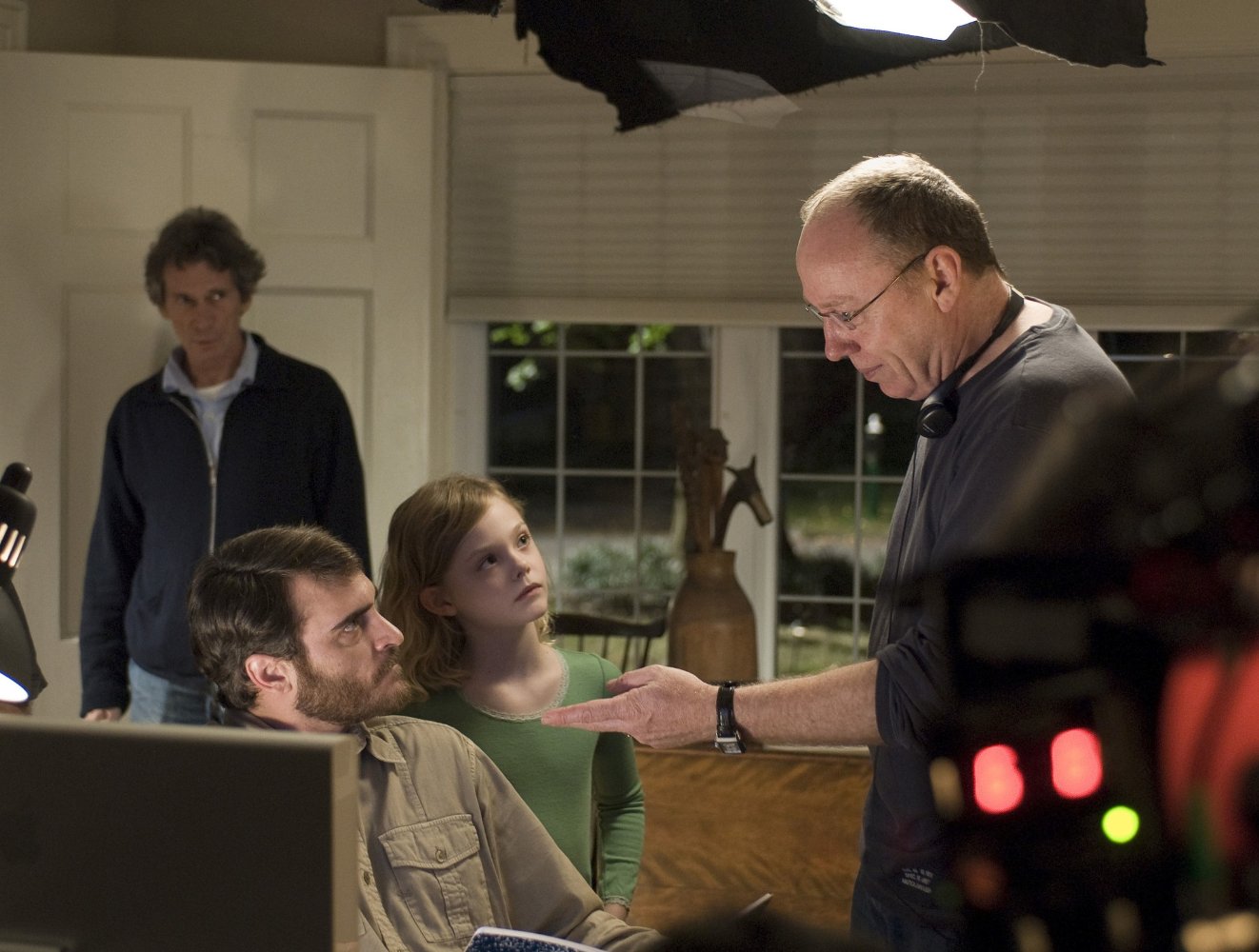
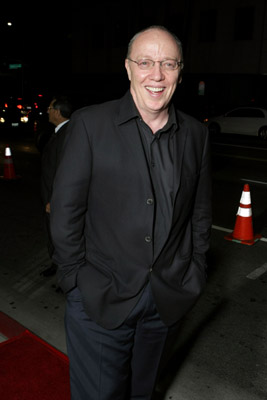
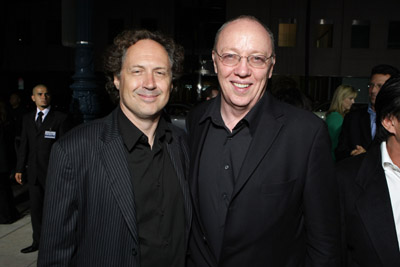
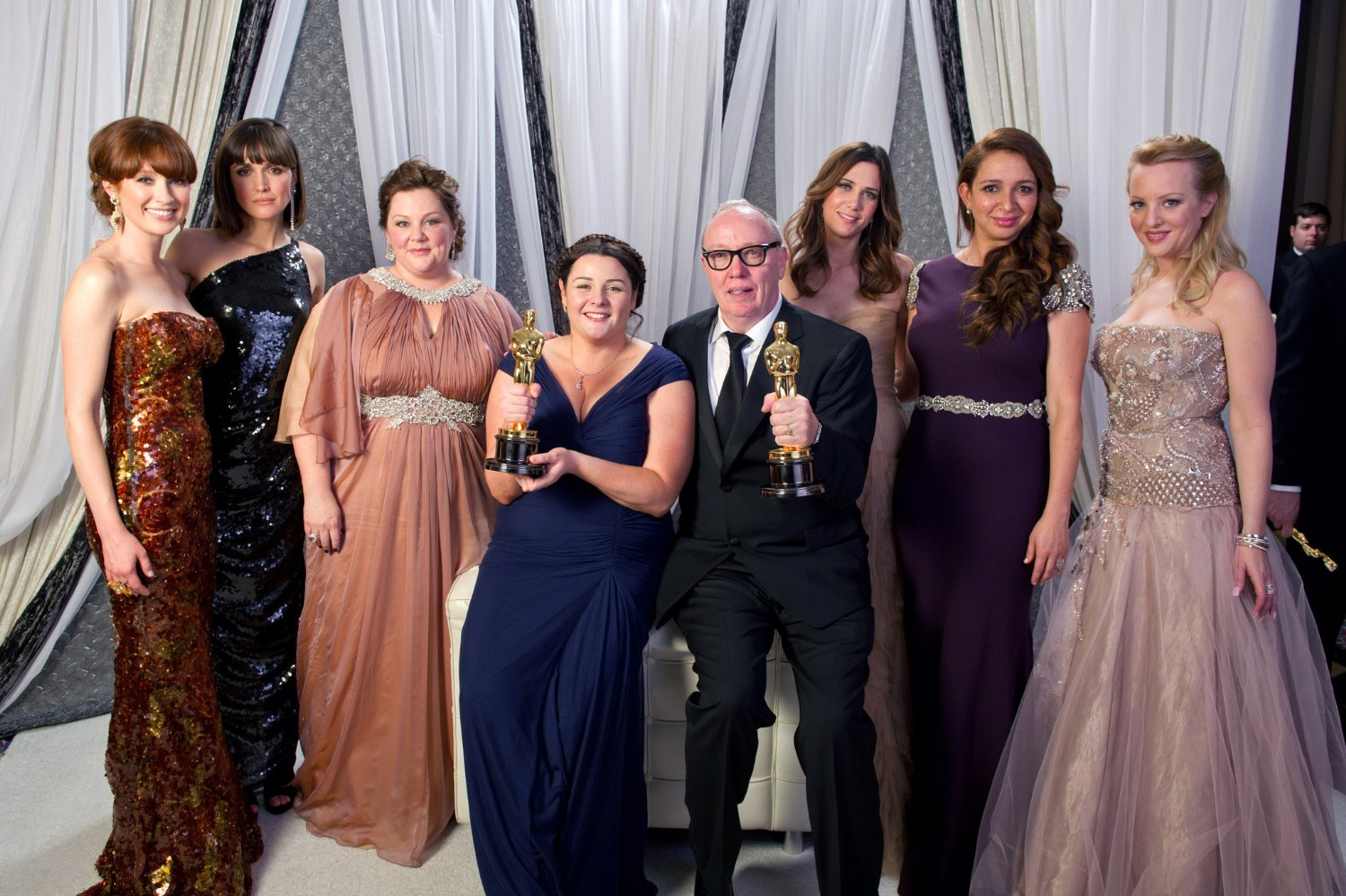
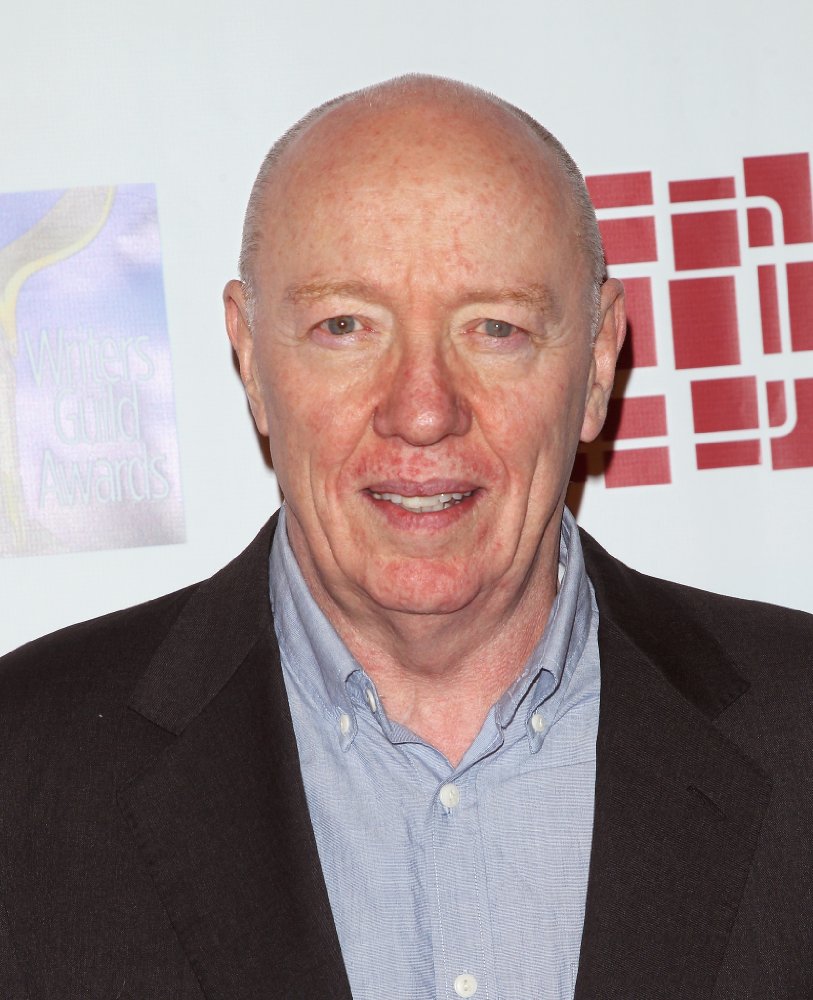
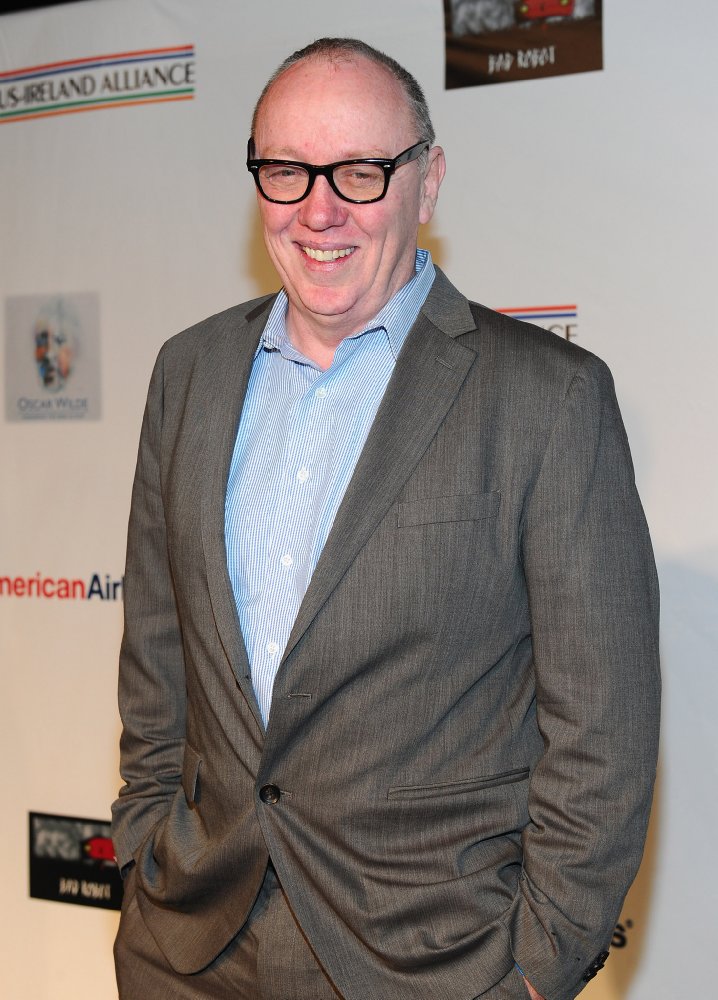
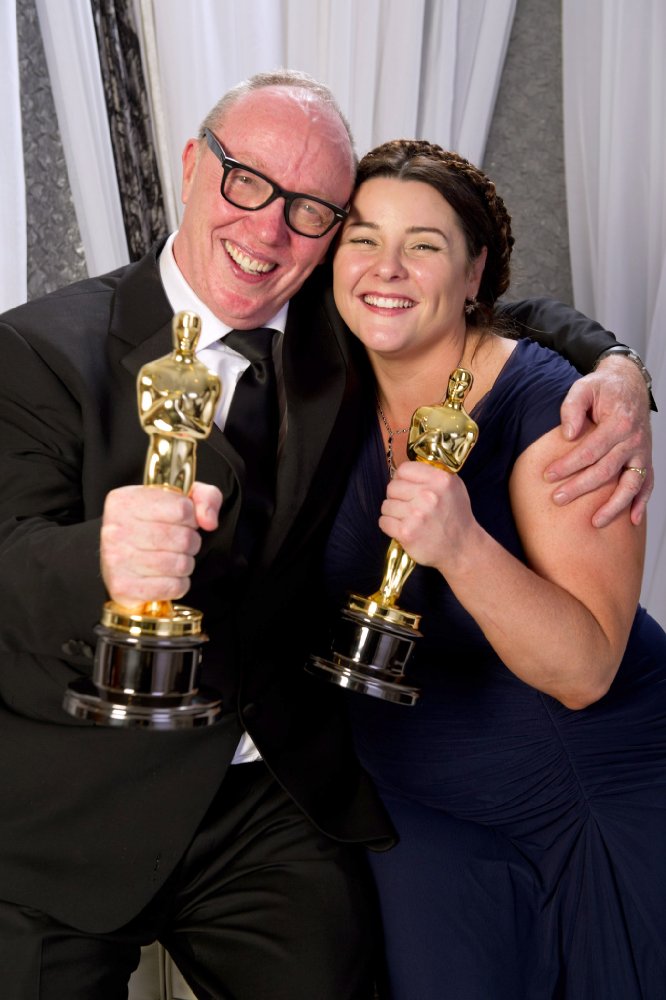
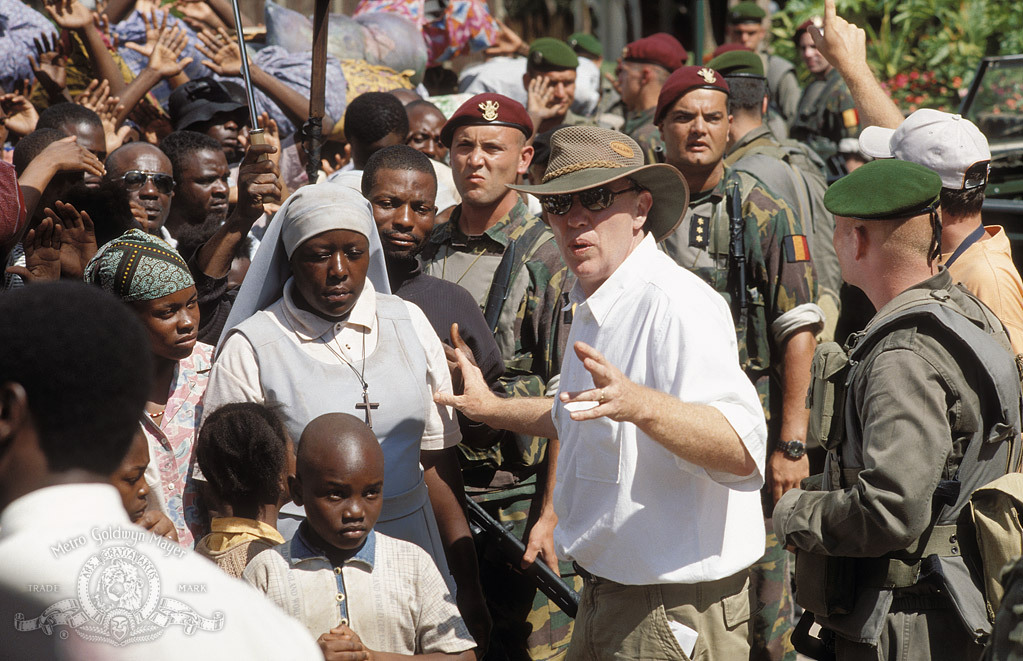
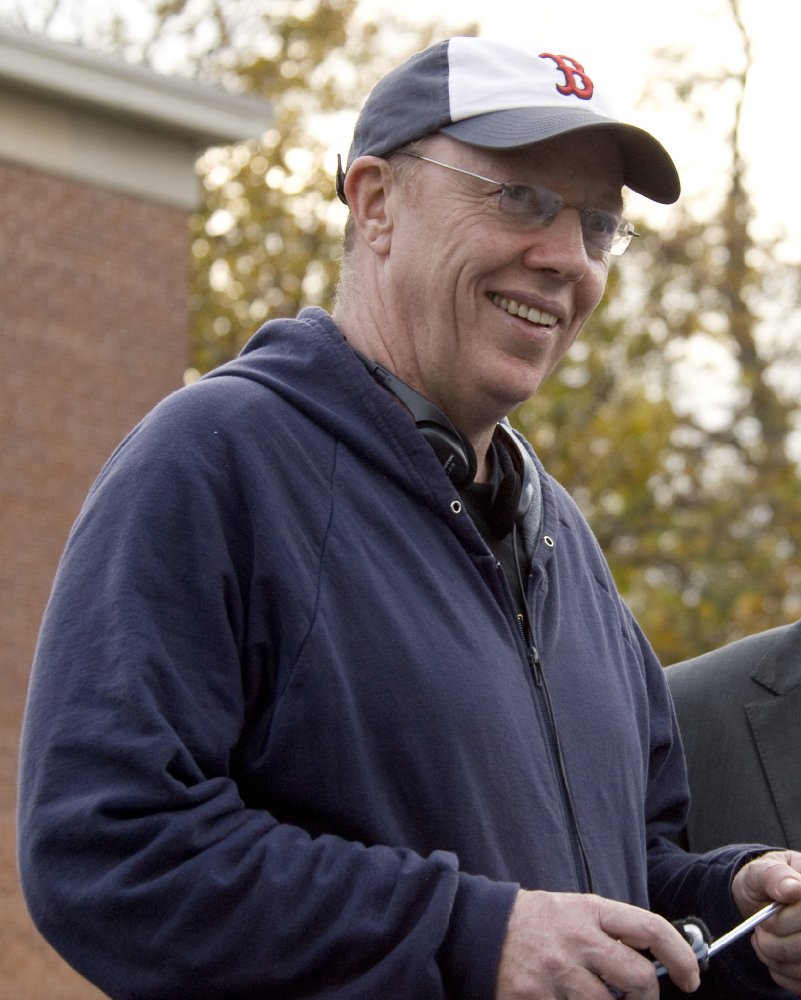
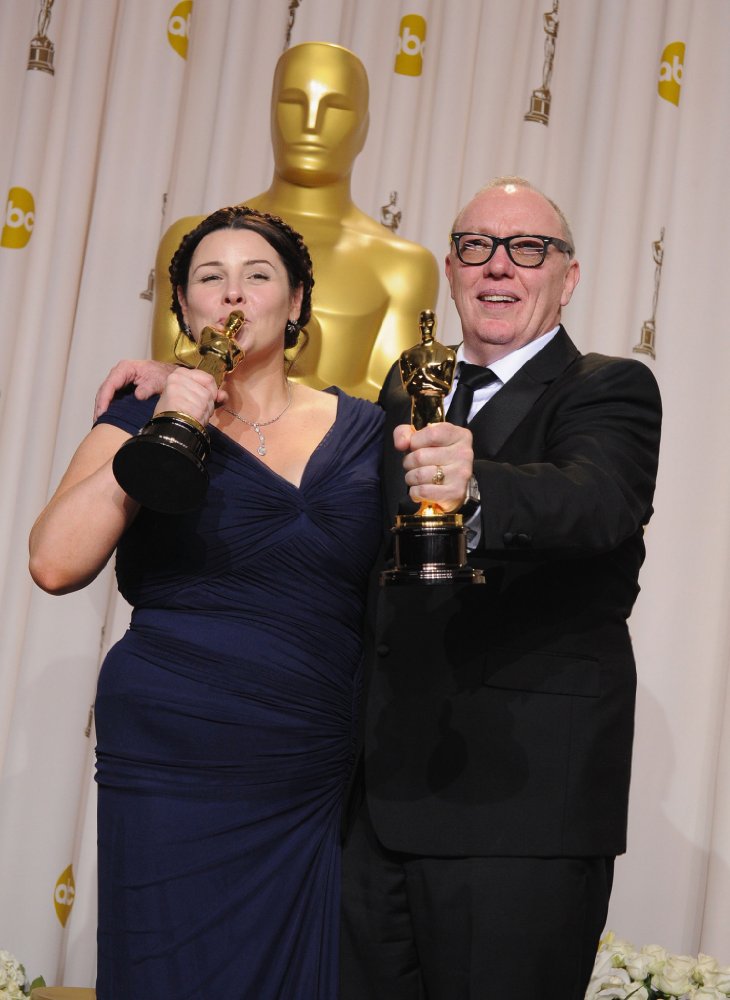
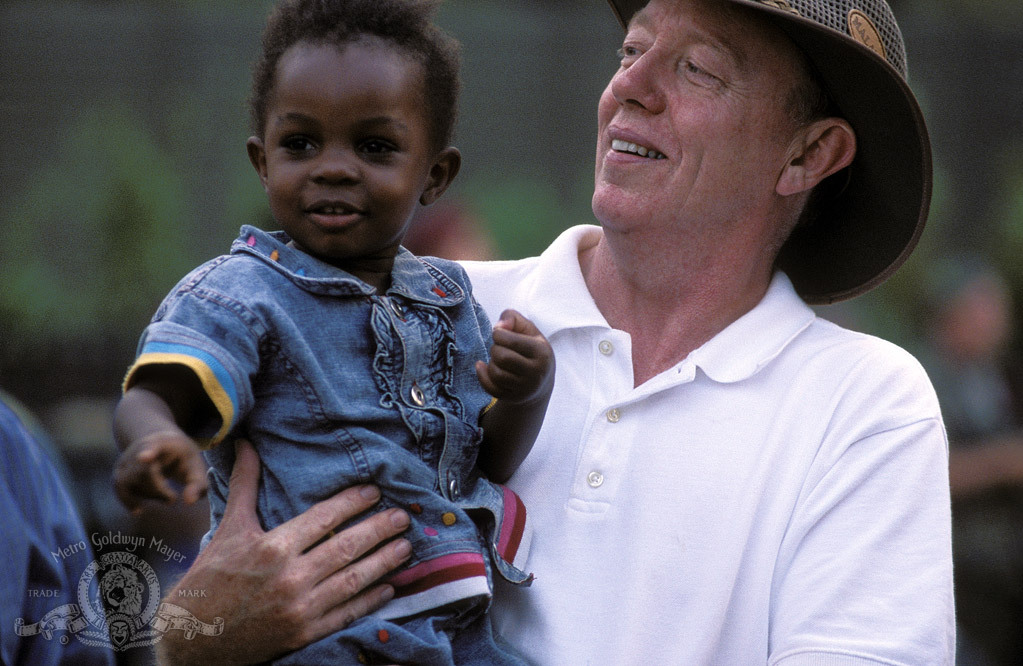
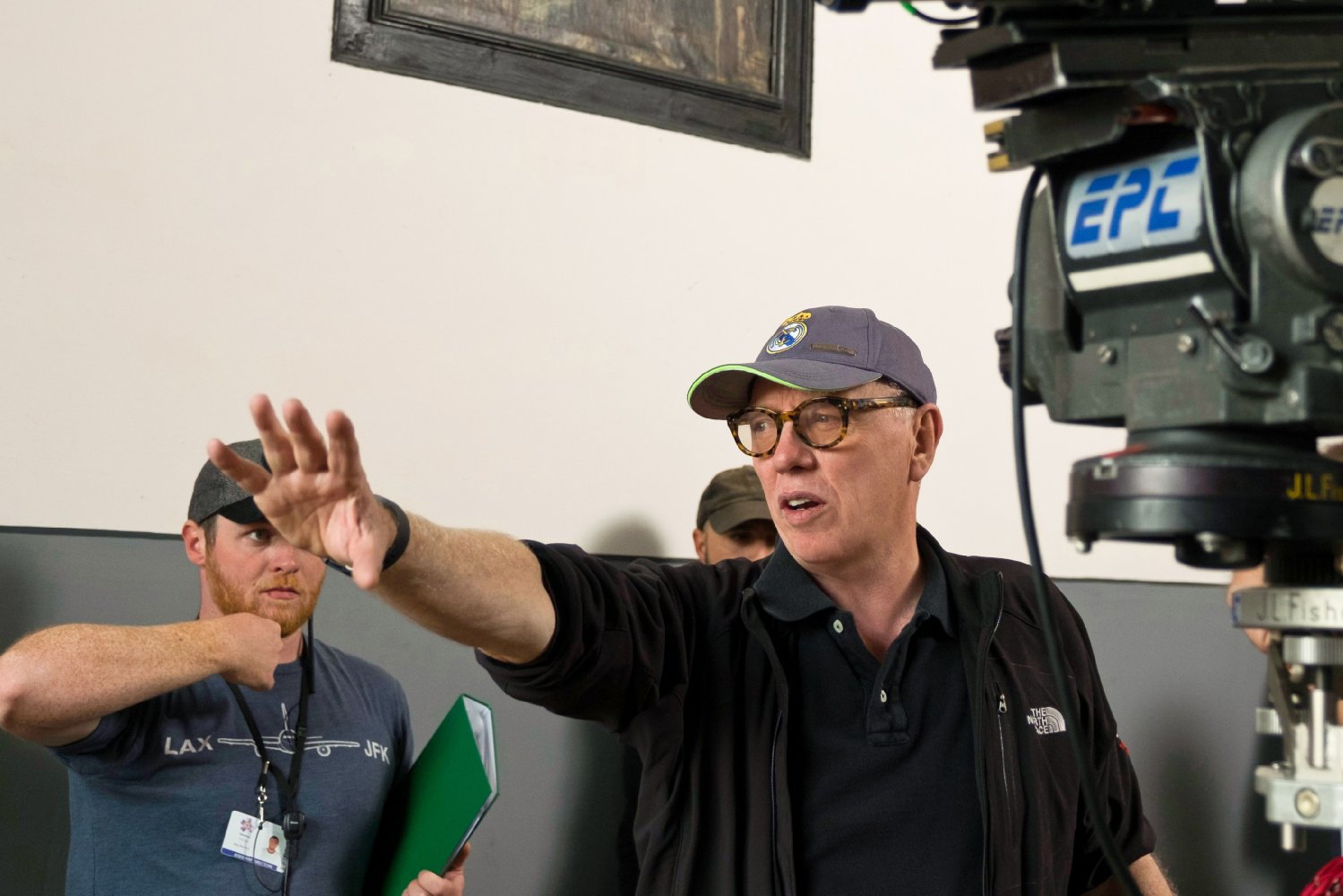
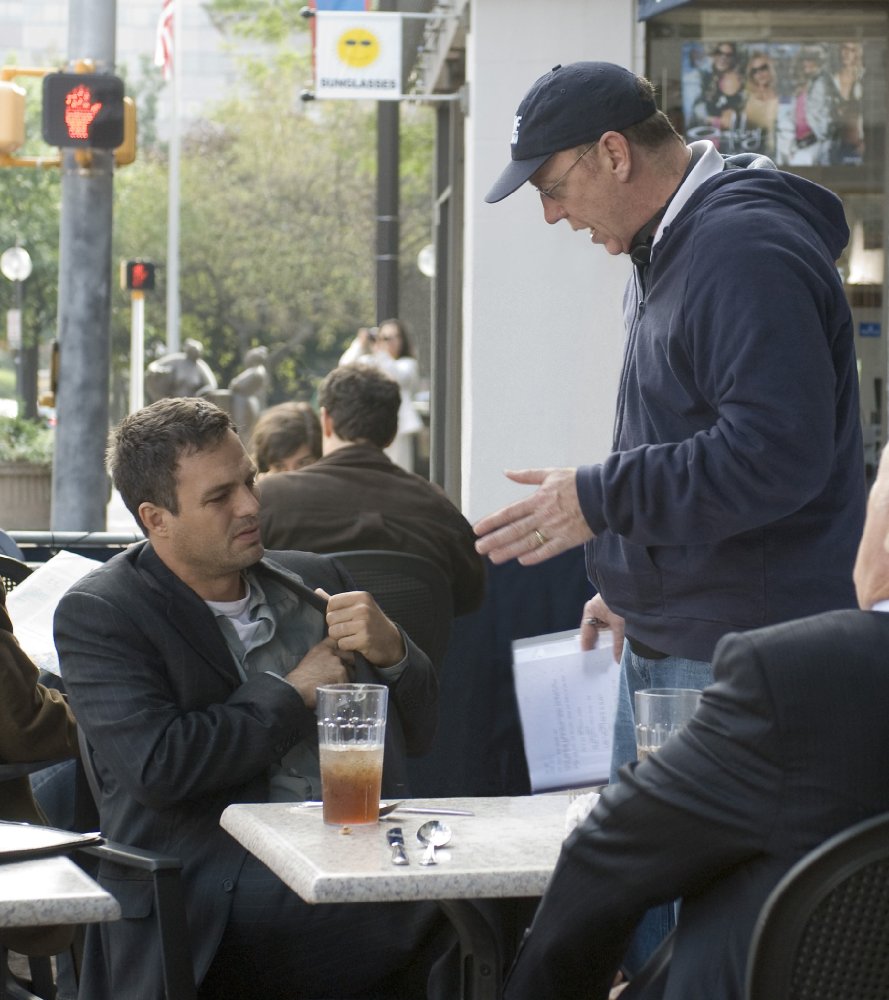
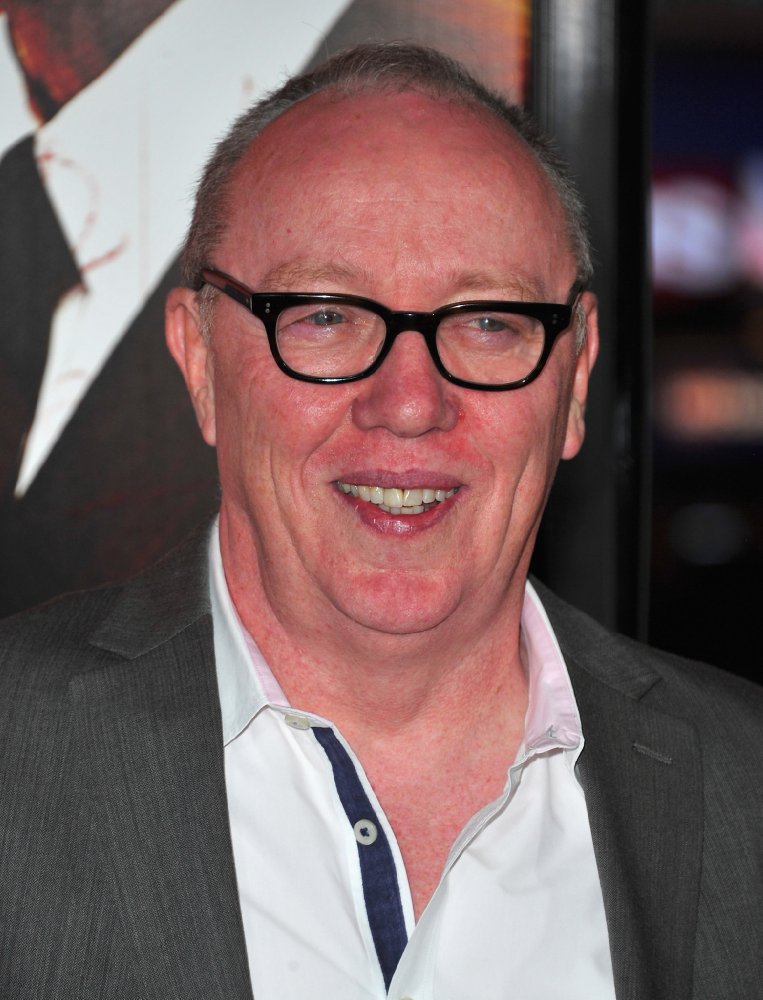

![The Boxer [Sub: Eng]](https://static.putlocker.style/images/tw-show/1o2cxoFAtqtGM7ERfSqIOwGvC1Ygxs2MVNpWR-okBLBtV42GVWfUl82Tpy9gInGXdfALroZ8jsbiA0WRV-zBB3Stsr3HdHCVNYAXk1IHXKw.jpg)



